Light: A Toni Morrison Tribute by Jane Urquhart
Toni Morrison’s books entered my life in the late 1970s, when I was a wife and mother in a very busy household, and still in my 20s. I was not a sophisticated reader of fiction, having gleaned all that I knew from English courses and my mother’s subscriptions to The New Yorker and the Book of the Month Club. I read fiction for pleasurable entertainment, and asked no questions. (Why all these men? for example, or why is everyone white?)
I considered myself a sophisticated reader of poetry, however, because, unlike anyone I knew at the time, I had long been a fan of modern and contemporary Canadian and American poetry. W.C, Williams, the Doctor-poet who had added story to poetry in his book “Paterson,” was, so far, my uncontested hero. Discovering him in my late teens, I was convinced that because I could not quite grasp his meaning, he was even more magical than the rest. But what truly drew me, I now know, was the combination of his-story and poetry; the oldest narrative form on earth.
Just when I thought I knew these characters, Morrison would reveal another facet of their nature. Each time I thought I had a handle on the victims and the perpetrators, Morrison reshuffled the deck. Her angry love and her no-nonsense tenderness embraced all of her characters.
Jane Urquhart
In the late 70s, I often wheeled my daughter’s stroller into an independent bookstore a few blocks from our home, as they had a small poetry section with books by New Directions, City Lights, and Coach House Press. I rarely purchased a work of fiction, but one day in 1978 the bookseller didn’t just suggest, he insisted, I take home the trade paper edition of Toni Morrison’s Song of Solomon. I had not heard of the author and assumed, given the name, that the book was written by a man. I knew and loved the poem from the Bible, however. So I handed over the cash.
I didn’t open the book for a couple of weeks. I wasn’t even sophisticated enough — or international enough — to read the press quotes, or know what the National Book Circle Critics Award — or any prize beyond Canada’s Governor General’s Award — meant. But one day, while my baby daughter was napping, I sat down in the sunroom of our old house and began to read.
I read the North Carolina Mutual Life insurance agent’s sign, “I will take off from Mercy and fly away on my own wings.” And I was caught. I was caught by the insurance agent, by the crowd that gathered, by the birth of Milkman Dead. I was caught by the complexity of Macon Dead, and his suffering wife, his eccentric sister Pilate. The velvet rose petals, the red berries.
I was caught by the complexity of character and the instinct for metaphor that lived inside the almost casual and wholly believable dialogue. I was caught by the story, the wise children in the story, the inter-personal relationships, the mostly urban geography — Not Doctor Street! No Mercy Hospital! — where the narrative unfolded. A horse called President Lincoln! A man called Empire State! A young woman named Corinthians with a mother called Pilate!
Just when I thought I knew these characters, Morrison would reveal another facet of their nature. Each time I thought I had a handle on the victims and the perpetrators, Morrison reshuffled the deck. Her angry love and her no-nonsense tenderness embraced all of her characters.
Morrison’s novel had taken apart absolutely everything I believed that fiction was; easy entertainment, fantasy escape, written by men in other, more important places than the one that anyone calls home.
Jane Urquhart
I was blown sideways by the breadth, and sometimes the humour, of her humane understanding. It was as if there had been an actual explosion in the unremarkable sunroom in which I was reading. I can still recall the ugly brown shag carpet on the floor, and the shadows of maple leaves on that carpet, the pitted surface of my desk, and the exact spot where that book waited for me on the shelf, even though I have not been inside that room for over thirty years.
But I was also caught by the fierce poetry of the book. You mean you can do this multi-layered stuff — and more — in a novel? I asked myself. Afterwards I thought, ‘You can at the very least try. But you will fail to come anywhere near this.’
Morrison’s novel had taken apart absolutely everything I believed that fiction was; easy entertainment, fantasy escape, written by men in other, more important places than the one that anyone calls home.
When it came time for me to read Beloved
, I was again in a sunroom; this time on the edge of Lake Ontario. I vividly remember that the realization that Sethe had killed her baby girl, rather than see her taken into slavery, took the breath right out of my body and hurled it somewhere beyond the liquid horizon. I stared at the ceiling, the windows, the sun on the lake, and I gulped for air. It was the most extraordinary thing.
I knew in that moment that the raking light that intensified everything, and that appeared to come from the sun and the lake, was really from the brilliance, wisdom, terror, and sorrow manifested in that book. Suddenly, I fully believed in ghosts, and I knew I would be ghost-ridden forever. I had lived my life under those sheltering sunroom roofs — always provided to me free of any kind of price. And what they had done was protect me from such an urgent and revelatory light. They had protected me from the kind of life, and the kind of literature that breaths, suffers, exalts, laughs, disturbs, embraces, condemns, worships, and haunts.
In the presence of the greatest literature we throw down all masks and disguises; all shelters and protections.
In Morrison’s own words, “If you surrendered to the air, you could ride it.”
We meet these great works by Toni Morrison, and the characters, living and dead, who people them, in the most intimate of ways: face to face, in the air and in the powerful light. And they electrify us, change us, and haunt us. Forever.
Check out Jane Urquhart’s latest book The Night Stages
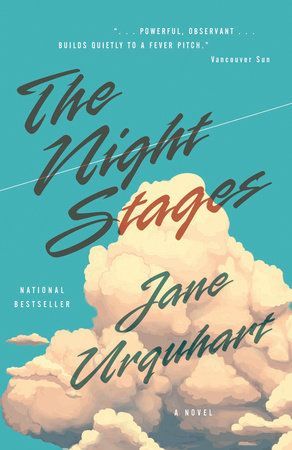

Jane Urquhart, one of Canada’s best loved writers, was born in the north, (in Little Longlac, Ontario), and grew up in Northumberland County and Toronto. Her upcoming book, In Winter I Get Up at Night , will be released in Spring of 2023. She is the author of seven internationally acclaimed novels: The Whirlpool , which received Le prix du meilleur livre étranger (Best Foreign Book Award) in France; Changing Heaven ; Away , winner of the Trillium Award and a finalist for the prestigious International IMPAC Dublin Literary Award; The Underpainter , winner of the Governor General’s Award, a finalist for the Rogers Communications Writers’ Trust Fiction Prize, and long-listed for the Orange Prize in Britain; The Stone Carvers , which was a finalist for The Giller Prize and the Governor General’s Award, and longlisted for the Booker Prize; A Map of Glass , a finalist for a Commonwealth Writers’ Prize for Best Book, and, most recently, Sanctuary Line. She is also the author of a collection of short fiction, Storm Glass , and four books of poetry, I Am Walking in the Garden of His Imaginary Palace , False Shuffles , The Little Flowers of Madame de Montespan , and Some Other Garden. Her work has been translated into numerous foreign languages. Urquhart has received the Marian Engel Award and the Harboufront Festival Prize, and is a Chevalier dans l’Ordre des Arts et des Lettres in France. Recently, she was named the Banff Distinguished Writer.
To learn more about Toni Morrison and her legacy get your tickets for Beloved: A Celebration of Toni Morrison and Black Women Writers with Donna Bailey Nurse





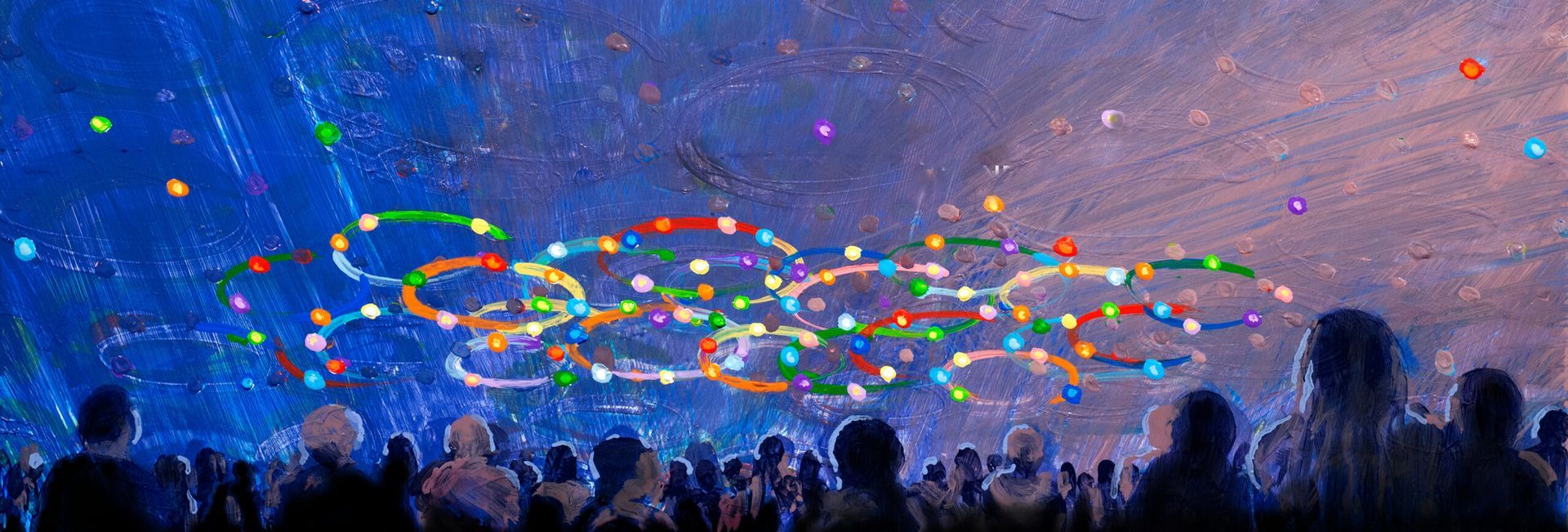
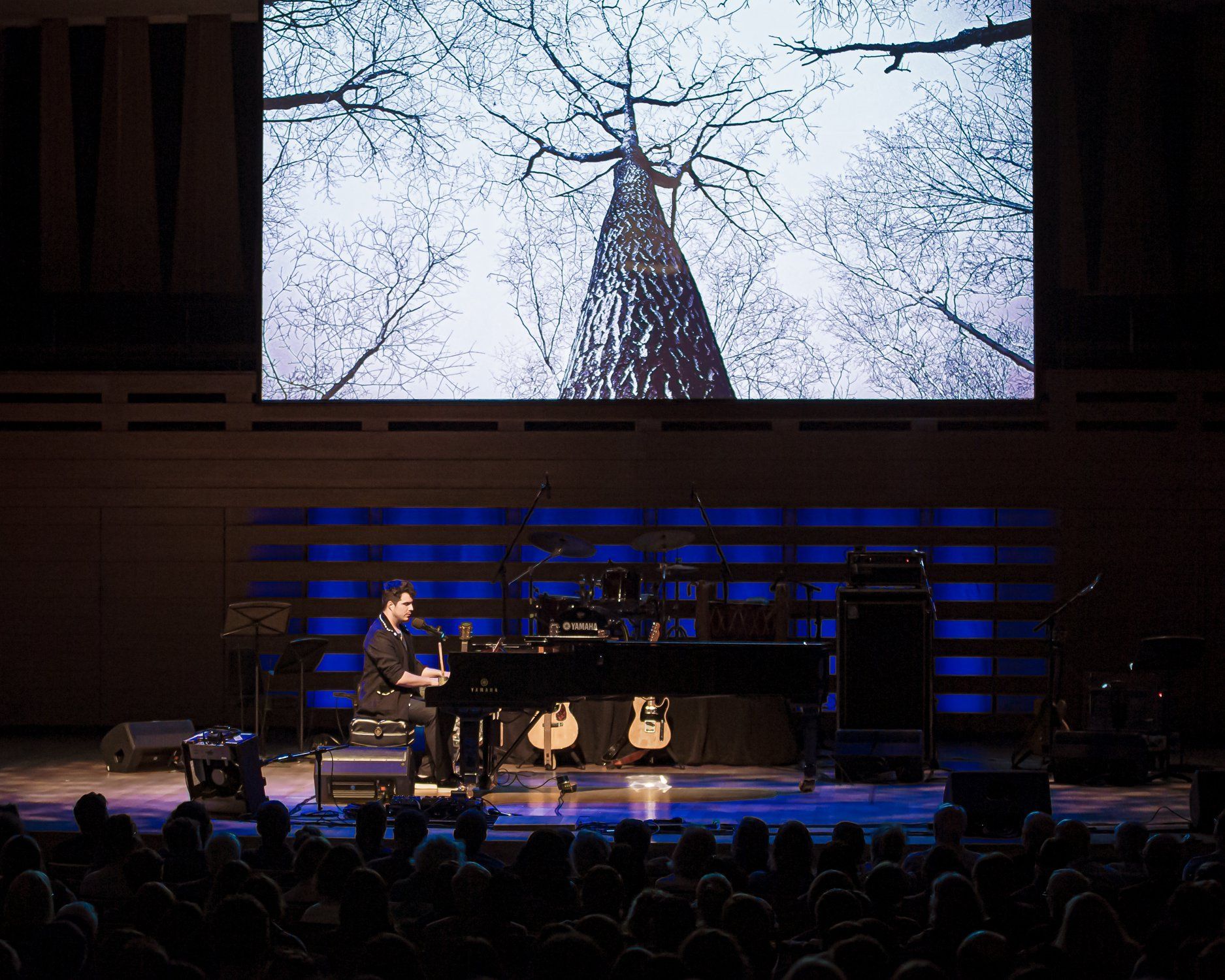



© 2025 Luminato Festival Toronto, All rights reserved.
Privacy Policy
|
Terms and Conditions
